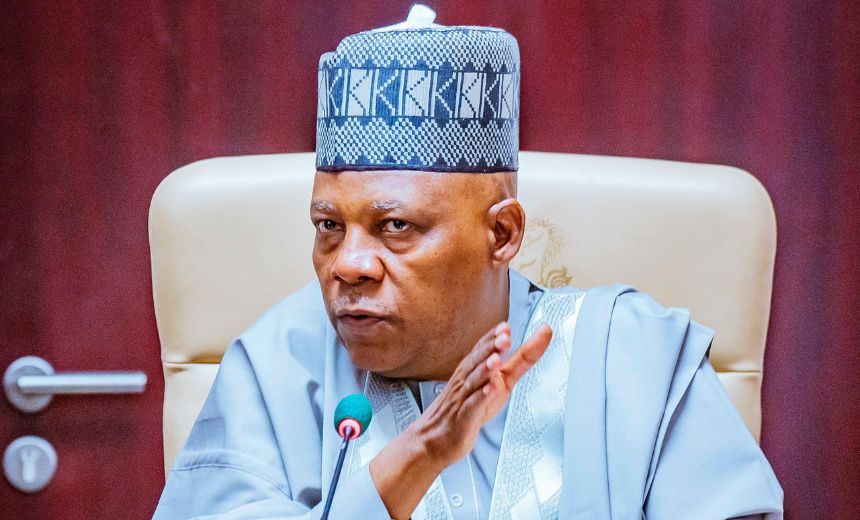The Federal Government and the Manufacturers Association of Nigeria (MAN) have come up with an actionable roadmap and policy framework that will revamp the nation’s manufacturing sector.
Vice President, Kashim Shettima who made this public while declaring open a three-day National Manufacturing Policy Summit at the Presidential Villa, Abuja, regretted that the sector, which has a crucial role to play in building a nation driven by production and abundance, had endured a series of setbacks over the past decades.
The Vice President also called for the prioritisation of local content and promotion of made-in-Nigeria products, noting that Executive Order 003 which makes the patronage of locally manufactured products mandatory is still in effect.
Shettima said as a country in Africa, “a continent that has languished at the bottom of the global value chain, with its share of global manufacturing at less than two percent,” Nigeria has no better option than to support its indigenous firms to produce locally and increase their capabilities.
The summit, according to him, offers the opportunity to re-evaluate the challenges confronting the sector and proffer solutions that would resolve them, noting that a competitive manufacturing sector will reduce the inequities in the nation’s economy as well as over-dependence on imports.
MUST READ: Breaking: Benue State Government imposes 24-hour curfew in Ukum local government area of the State
VP Shettima expressed satisfaction with what he saw during a tour of an exhibition, adding that he is convinced more than ever of Nigeria’s industrial capabilities, creativity, and innovation.
President of the Manufacturers Association of Nigeria, Francis Meshioye thanked participants for honouring the invitation after several postponements, just as he also expressed gratitude to President Tinubu, for the unique opportunity and his magnanimity to host the Summit at the State House.
He said since the association opened communication with the office of the Vice President, they have received tremendous support and collaboration from the Presidency.
Meshioye said the summit was organised to interrogate the evidence behind the constraints demeaning the performances of the industrial sector and to think and agree with the government on how to address them.
Chairman of the Dangote Group, Aliko Dangote, stressed the importance of reducing import dependence, saying “import dependence is equivalent to importing poverty and exporting jobs.”
Delivering a keynote speech, Dangote highlighted the necessity of reliable power supply and affordable financing for industrial growth, and called for protective measures for local industries, asserting that “there is no industrialisation without protection.”
(Editor: Oloyede Oworu)








